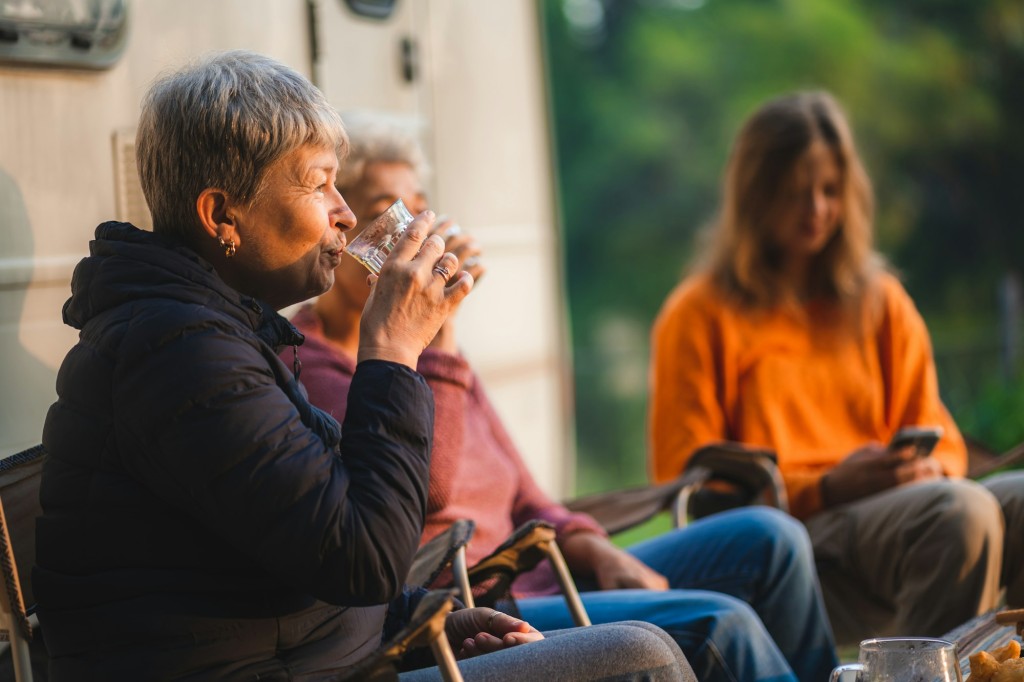
Recreational activities in healthcare settings are not just about passing time or providing entertainment; they offer therapeutic benefits that can significantly contribute to patients’ physical, mental, and emotional well-being. In this essay, we’ll delve into the therapeutic benefits of recreational activities in healthcare, exploring how these activities promote healing, enhance quality of life, and improve patient outcomes.
Physical Health Benefits
Improving Physical Function:
Recreational activities such as exercise programs, yoga, and dance therapy can improve physical function by enhancing strength, flexibility, and mobility. These activities are particularly beneficial for patients recovering from surgery, injury, or illness, helping them regain lost function and prevent further decline.
Managing Chronic Conditions:
Regular physical activity has been shown to help manage various chronic conditions, including cardiovascular disease, diabetes, and arthritis. Recreational programs that incorporate exercise, such as walking groups or water aerobics, can help patients better control their symptoms and reduce the risk of complications associated with these conditions.
Pain Management:
Recreational activities can also provide natural pain relief by promoting the release of endorphins, the body’s natural painkillers. Swimming, gentle stretching, and massage therapy can help alleviate pain and improve patients’ comfort.
Mental Health Benefits
Reducing Stress and Anxiety:
Recreational activities offer a valuable stress reduction and relaxation outlet. Activities such as art therapy, music therapy, and meditation can help patients manage stress and anxiety by promoting feelings of calmness and well-being.
Enhancing Cognitive Function:
Participating in mentally stimulating activities, such as puzzles, brain games, and educational workshops, can help maintain and improve cognitive function in patients with dementia or traumatic brain injury. These activities stimulate neural pathways, enhance memory retention, and promote mental clarity.
Boosting Mood and Emotional Well-being: Recreational activities provide opportunities for socialization, laughter, and enjoyment, all of which can have a positive impact on mood and emotional well-being. Group activities, outings, and social events create opportunities for patients to connect with others, combat feelings of loneliness, and experience a sense of belonging.
Social Benefits
Fostering Social Connections:
Recreational activities facilitate socialization and peer support among patients, fostering a sense of community and belonging within healthcare settings. Group activities, games, and outings allow patients to interact, share experiences, and form meaningful relationships with others.
Reducing Feelings of Isolation:
Hospitalization or long-term care can be isolating experiences for patients, leading to feelings of loneliness and depression. Recreational programs that promote social interaction and engagement help combat feelings of isolation by providing opportunities for patients to connect with others and participate in meaningful activities together.
Improving Communication Skills:
Group recreational activities, such as team sports or collaborative art projects, encourage patients to communicate and collaborate with others, thereby improving their social and communication skills. These activities promote teamwork, cooperation, and mutual support, enhancing patients’ ability to interact effectively with others.
Emotional And Psychological Benefits
Promoting Self-expression: Recreational activities such as art therapy, music therapy, and journaling provide outlets for self-expression and creativity, allowing patients to express their thoughts, feelings, and emotions in a safe and supportive environment. These activities can particularly benefit patients struggling to verbalize their feelings or experiences.
Building Self-esteem and Confidence:
Engaging in recreational activities and achieving personal goals can boost patients’ self-esteem and confidence. Whether completing a challenging yoga pose, learning a new skill, or participating in a performance, these achievements empower patients and instill a sense of pride in their abilities.
Providing Distraction and Entertainment:
Recreational activities offer patients a welcome distraction from the stress and monotony of healthcare settings, providing opportunities for enjoyment, fun, and entertainment. Whether watching a movie, listening to music, or playing games, these activities help patients relax, unwind, and take their minds off their health concerns.
